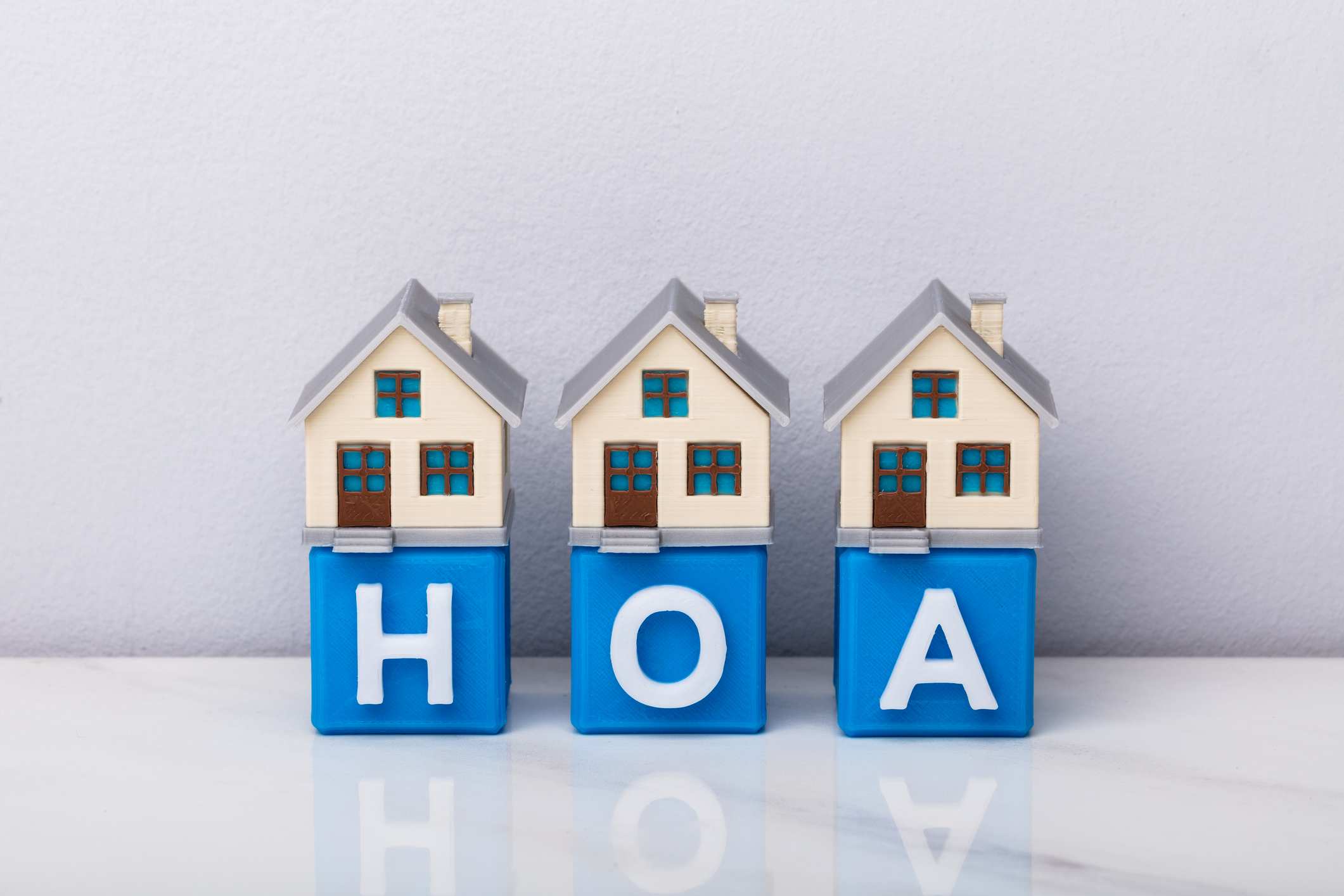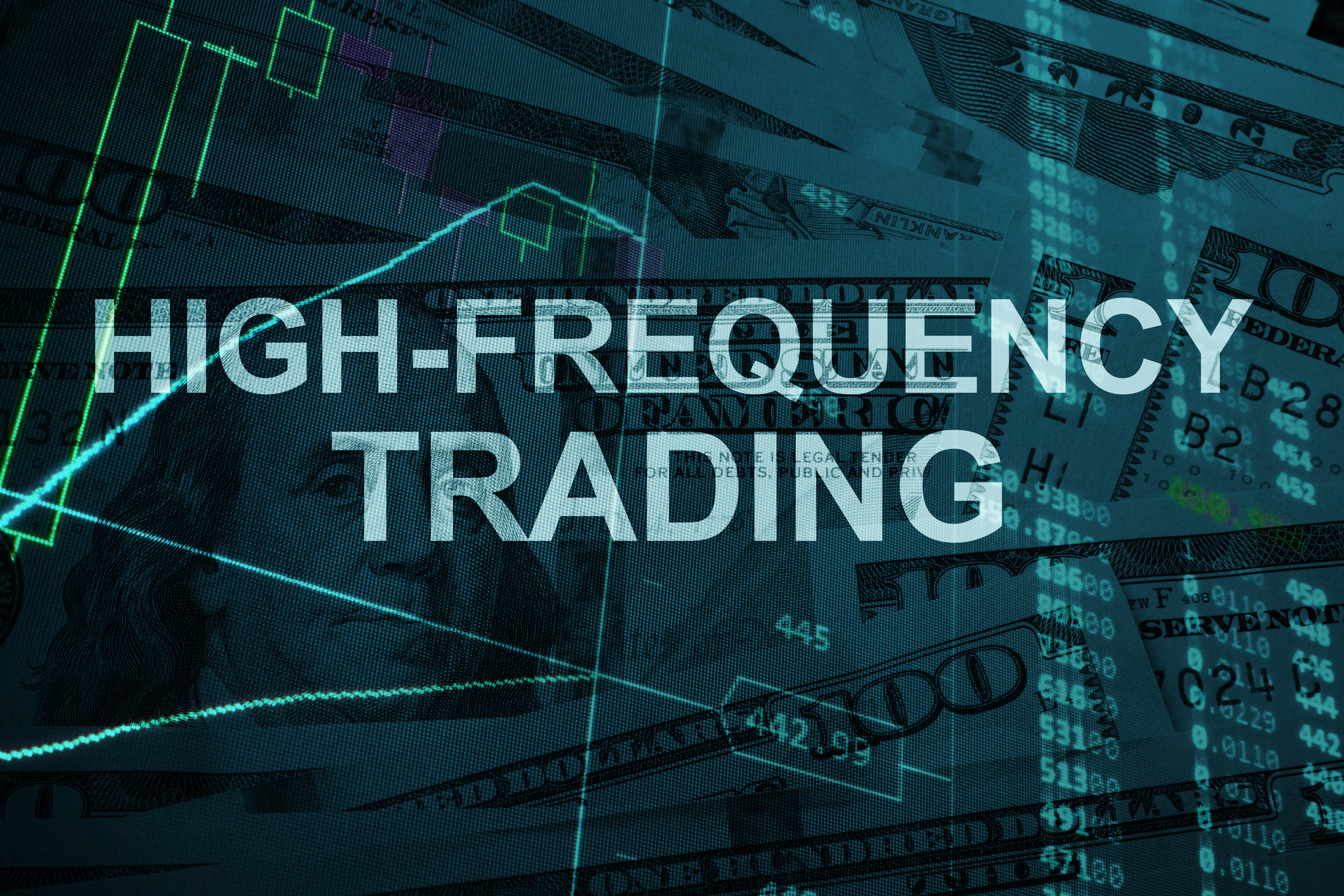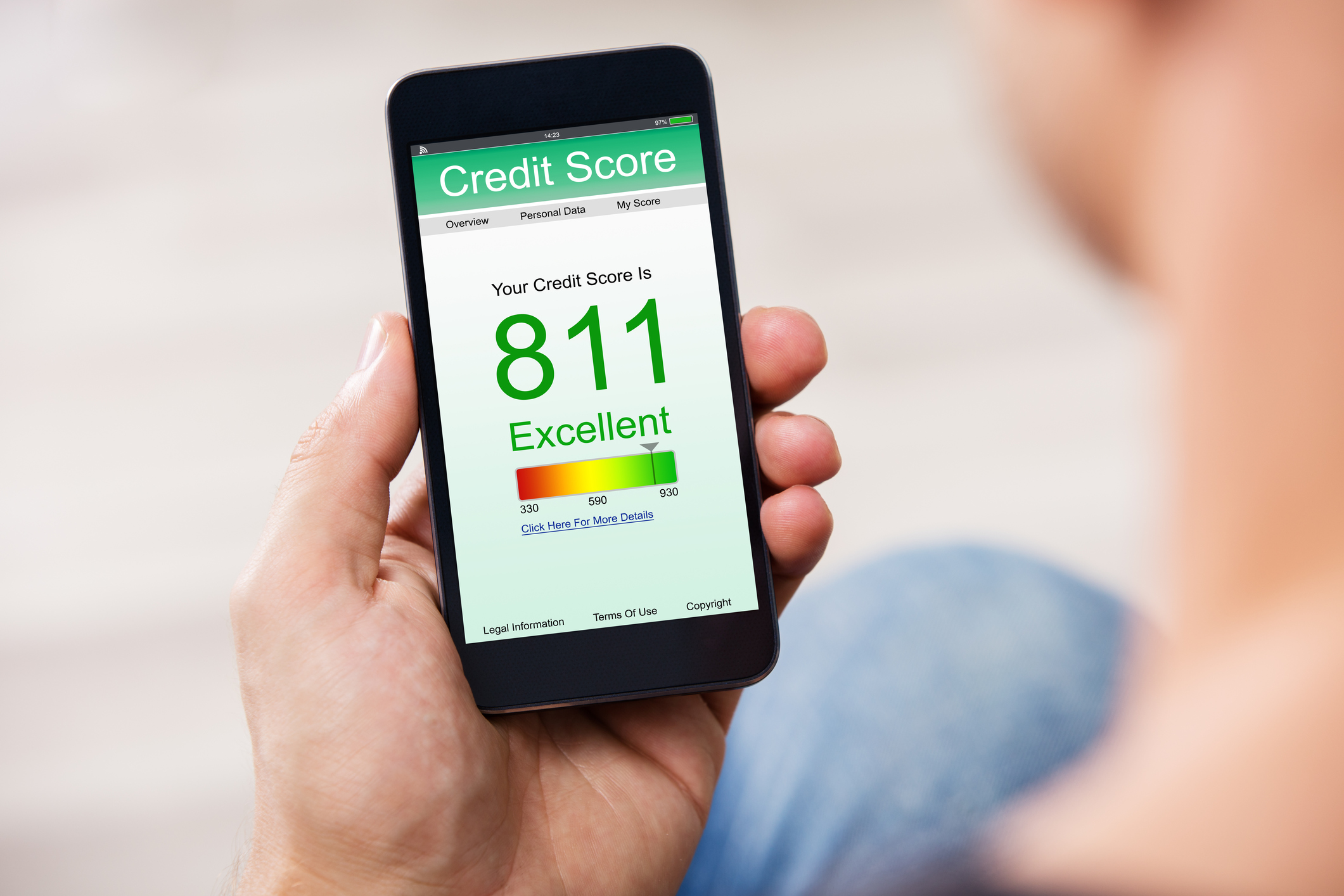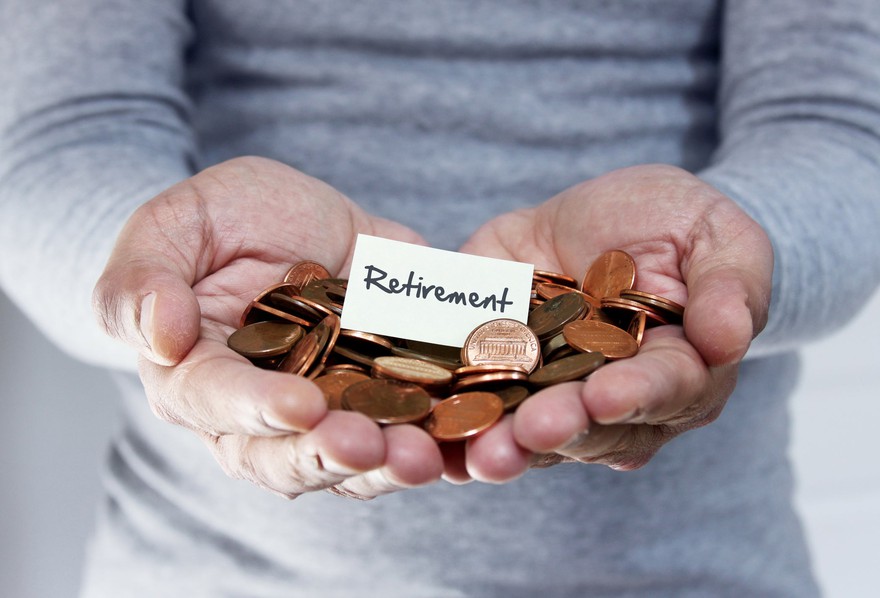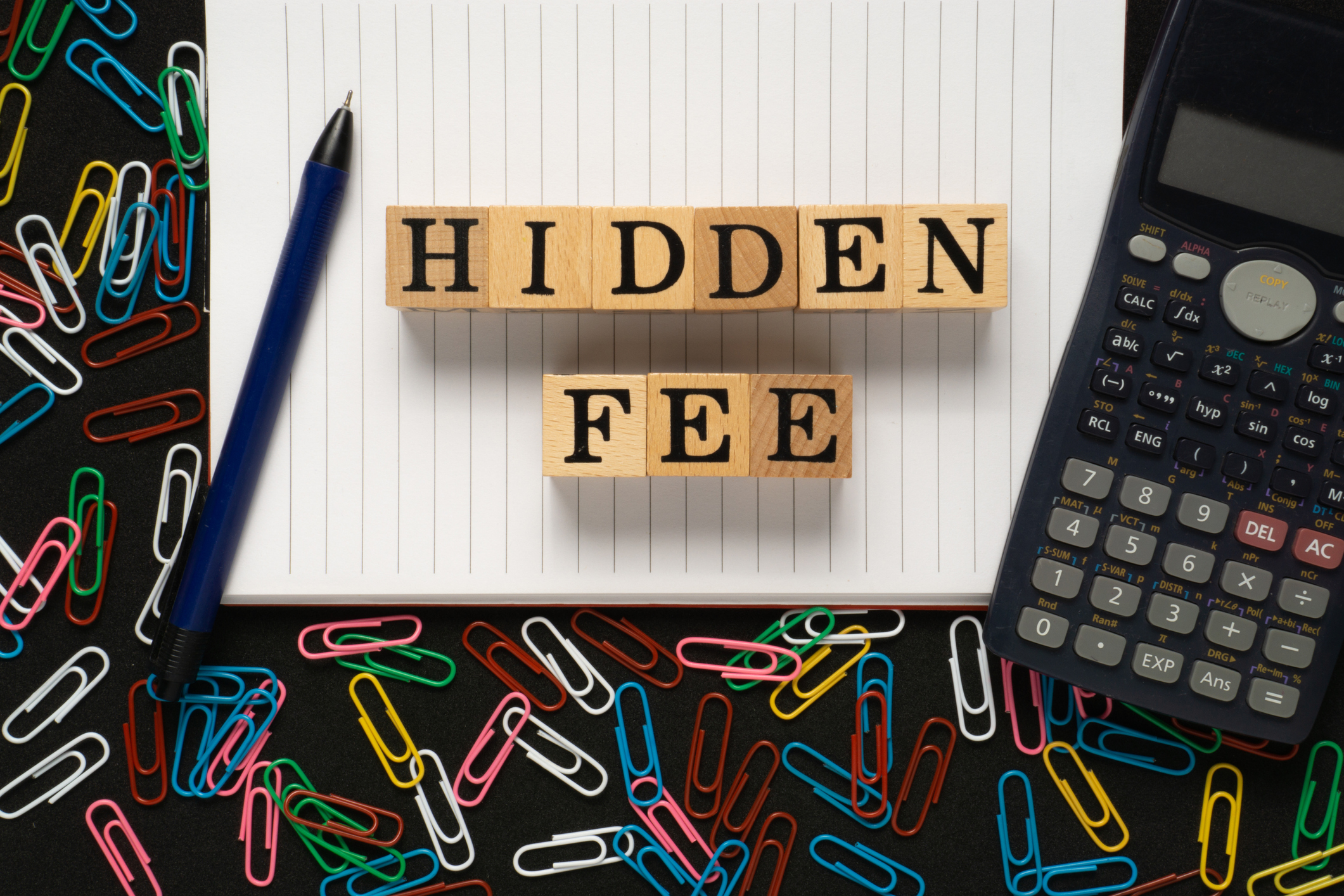With home prices soaring, it's a great time to own a home if you were lucky enough to buy before the pandemic (or even during, in some areas). Along with those high home prices come high gains in home equity for buyers who have lived in their houses for a while. Let's explore what home equity is and what you can do with it.
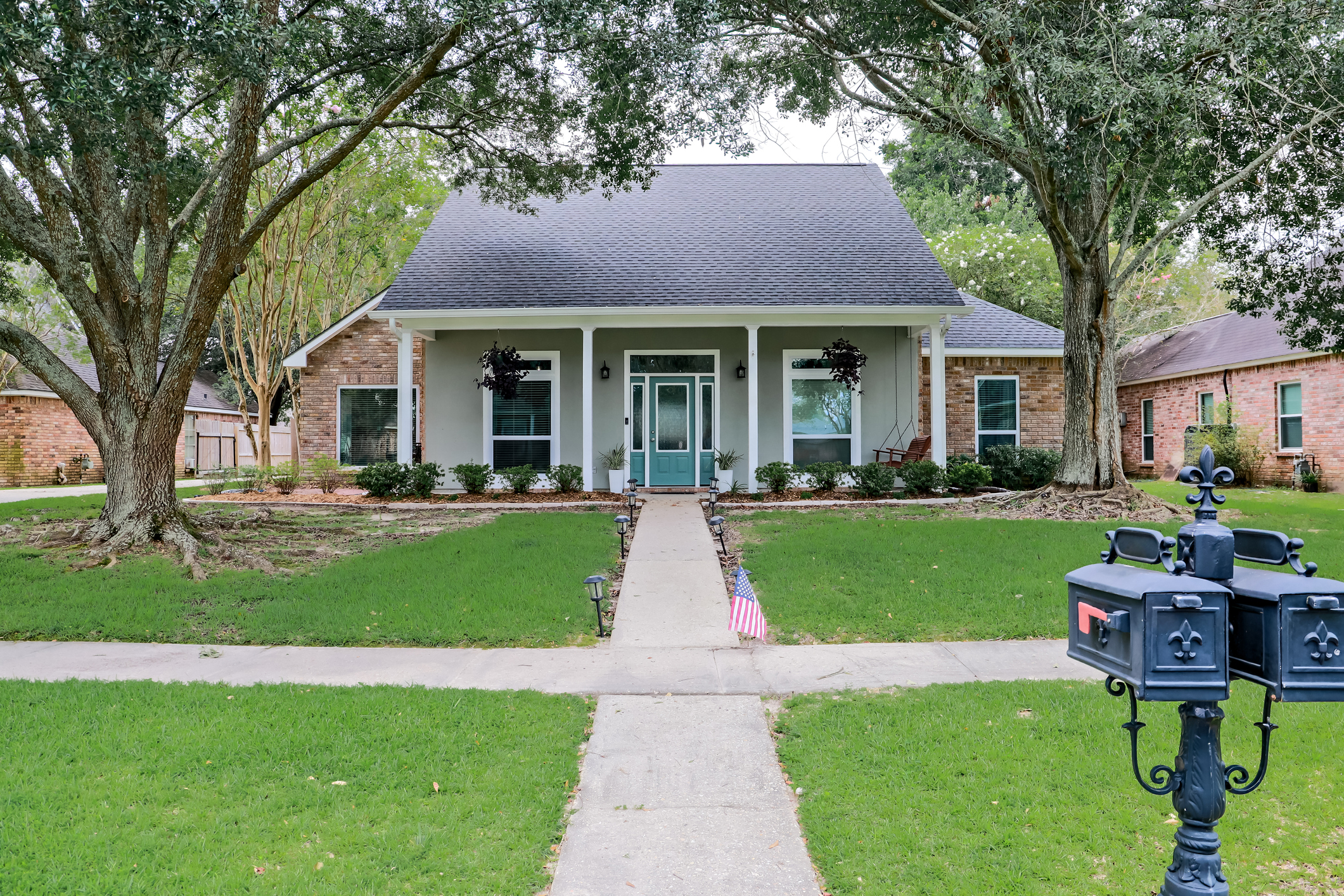
What is home equity?
Home equity is how much your home is worth versus how much is encumbered, or, in other words, how much you've borrowed against it.
If you have a home valued at $500,000 and you have a $300,000 mortgage, you have $200,000 in home equity. It's that simple.
But it's also kind of complicated because the value of your home is constantly changing, as is the amount of money you owe against it. Generally, people round it off and estimate. The only time precision really matters in that equation is when you're borrowing against your equity or looking to pay off your mortgage.
Ways to use home equity to your advantage
Home equity is a unique sort of pseudo-asset that many people have and never take advantage of. Even though borrowing against your home creates a new debt, it's a secured debt that can provide you with flexible financing and a low interest rate because it's tied to your home until the note is paid in full.
Interest Rate
Depending on your interest rate, there are many ways to tap your home equity to create additional value, including:
- Borrowing a down payment for another property. If you've been thinking about buying a rental home or even just want to help a child purchase their first home, you can tap your equity to make this possible.
- Remodeling your home. Although remodeling will almost never return your investment dollar-for-dollar, there are plenty of features that will make it possible to stay in your home longer or increase your enjoyment of it, which has a whole different kind of value.
- Taking out cash to start a business. A business is a big risk, but there's no reward without first taking a chance. It can be hard to get enough money together for a business venture, but if you have plenty of home equity and can make regular loan payments, tapping your equity to start a business can be a solid move.
You can technically tap your equity for any reason, even if you just want to spend a year traveling around the world. However, some reasons for equity loans make more financial sense than others.
Loan products for tapping home equity
If you choose to borrow against your home equity, you have a few options for how to do that. These include home equity loans, home equity lines of credit (HELOC), cash-out refinances, and home equity conversion mortgages, also known as reverse mortgages.
Home equity loans are second mortgages that give you a one-time access to equity. You then make payments toward the loan for the life of it, generally 10 to 30 years. You pay this concurrently with your primary mortgage.
HELOCs are credit lines that are secured by your home. The limit is set by your equity, but you can then use a HELOC just like a credit card, paying down and borrowing again and again within your limit. They have two different phases: the draw period and the repayment period. The draw period is when you can spend your equity, and it typically lasts five to 10 years. The repayment period is the window in which you will repay the loan and is often about 20 years.
Cash-out refinances are exactly what they sound like -- complete mortgage refinances that allow you to cash out your equity. Given the current interest rate environment compared to what you're likely paying on your primary mortgage now, these are the least ideal options, but occasionally the math will still work out.
Home equity conversion mortgages, also called reverse mortgages, allow you to recapture the equity you've accumulated by borrowing against it in exchange for cash as a lump sum, term payment, or annuity. Unlike traditional mortgages, though, you don't make a payment, and the interest instead accumulates as time passes. The loan isn't meant to be repaid until you die or move from your home, so many seniors opt for these mortgages as additional revenue streams.
Related investing topics
Risks of borrowing against your home's equity
Borrowing against your home's equity doesn't come without risks, and you should be aware of this when you are considering encumbering your home with an additional mortgage. The biggest risk, of course, is that you'll lose your home to foreclosure if you get behind since the payment is significantly larger than before.
But there are other risks, such as not being able to borrow again if you have a big expense, like a roof that needs replacing. It's never ideal to habitually borrow against your home's equity, but there are definitely times when it's OK. Just make sure that you know what you're getting into and that you understand how large the payment can get before you sign, especially if you choose an adjustable-rate mortgage.


